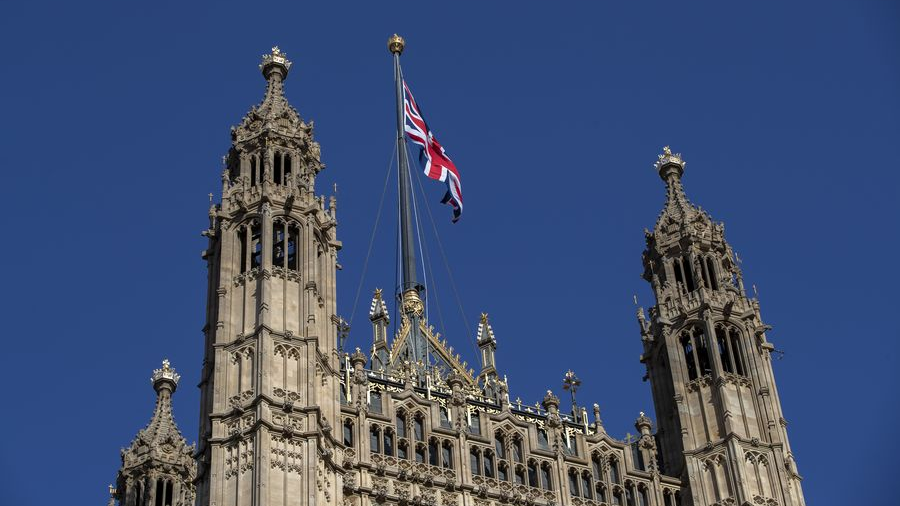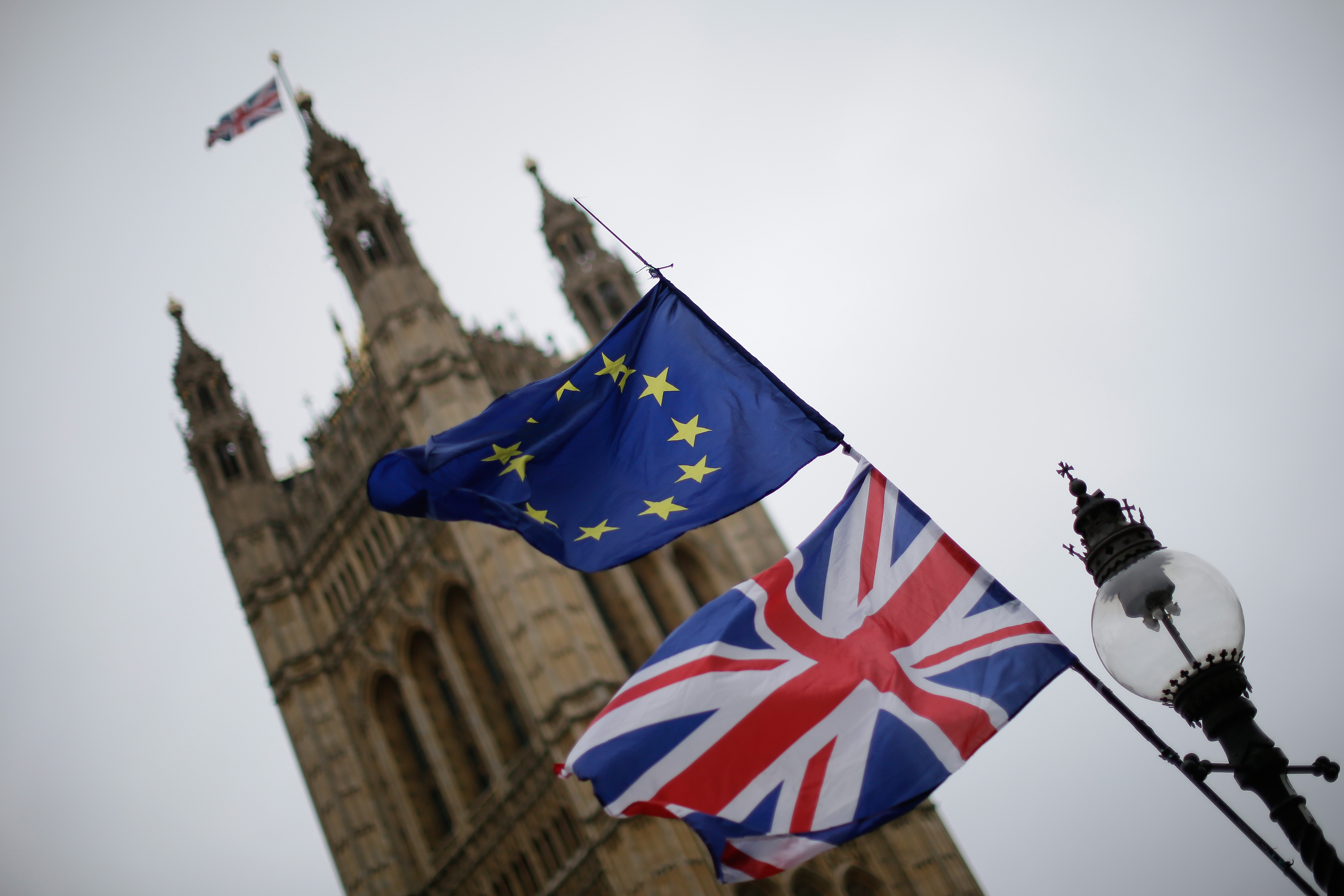
The Houses of Parliament in London, Britain. /Xinhua
The Houses of Parliament in London, Britain. /Xinhua
Editor's note: Zhu Zheng is an assistant professor focusing on constitutional law and politics at China University of Political Science and Law. The article reflects the author's opinion, and not necessarily the views of CGTN.
Washington has been pressing the UK government to take a side between America and China after a bilateral trade talk officially began between the U.S. and the UK, according to a report.
It is said that one clause will be added to the deal allowing the U.S. to retreat if the UK strikes a deal with another country without Washington's approval.
Although no specific names were mentioned, Washington is believed to have doubled down on its anti-China efforts to alienate Britain from China, asking Britain not to make a deal with Huawei when building its 5G network.
A clear logic can be discerned when recent U.S.-Canada and U.S.-Japan dealings are added to the picture.
The new United States-Mexico-Canada Agreement, as well as U.S.-Japan Agreement, also included two clauses allowing signatories to pull out if one member makes side deals with a "nonmarket country." This suggests that America is using trade deal as a weapon against China, giving the U.S. leverage to pull its allies away from China.
The ongoing U.S.-UK trade talks therefore is just one more piece of Trump's trade stick with which to beat China, and the U.K. government is facing some more nuanced and more daunting challenges ahead.

Flags of EU and the United Kingdom outside the Houses of Parliament in London, Britain, January 7, 2019. /Xinhua
Flags of EU and the United Kingdom outside the Houses of Parliament in London, Britain, January 7, 2019. /Xinhua
On the one hand, the UK sees clearly how important it is to cooperate with China on many fronts.
According to George Osborne, the former chancellor, engagement with China was envisaged by the then government as a way to boost Britain's economy.
By any measure, trade deals with China provide the U.K. with an alternative to its economic collaborations with the U.S. and EU in the post-Brexit era. China will most likely continue to be a driving force for the world's economy. Britain, to mitigate the blow of the Brexit and COVID-19, would be better off to cast aside ideological bias and strive to maintain a close economic tie with China.
On the other hand, British diplomats are concerned that getting close to China will harm its relations with the U.S., and with the EU as well.
Given the fact that Washington is now sparing no effort to cut off China from the global economy, a close UK-China trade deal would run the risk of provoking anger of the United States.
Likewise, although with worries, the EU is having its own trade dialogues with China, attempting to engage more closely with China in investments and trades. Intensifying its ties with China would give an impression that the UK is having its finger in the pie, which would negatively impact the UK-EU relationship.
Britain will hence have to pursue skilled diplomacy, weaving between the U.S., EU and China. This is extremely challenging since there is no way for the UK to deploy delaying tactics any longer.
The urgency can be perceived in the Huawei case – Britain will be forced to take a side.
The U.S. has explicitly told the British government it would get mad if Huawei's technology is involved in the UK's 5G roll-out. The EU is also debating about the security implications of adopting Chinese technology, with its China-sceptic camp urging Britain to keep an eye on its engagement with China.
In this light, the UK must take the anti-China sentiment echoed in the U.S. and the EU seriously.
For one thing, if Britain chooses to side with the U.S. in isolating China from the global market, it would not only tarnish the "global Britain" value the country holds dear but also create an impression that Britain's hands are bound and the White House is setting agenda for the White Hall.
For another, the UK should also be careful to join the EU's anti-China chorus as there are deep divides within the EU on how to deal with China – taking a side with any part would only incite hatred from the other part, which would drive a wedge between the EU and UK.
When the EU is increasingly wary of China's rise, regarding China as its "systemic rival," the UK has a competitive advantage in key areas such as education and financial services and can in fact be a bridgehead into China.
When it comes to dealing with China, nobody but Britain itself should drive the car. Hopefully the UK would stay vigilant about the anti-China sentiment and have a more strategic thinking when designing policies on China.
(If you want to contribute and have specific expertise, please contact us at opinions@cgtn.com)